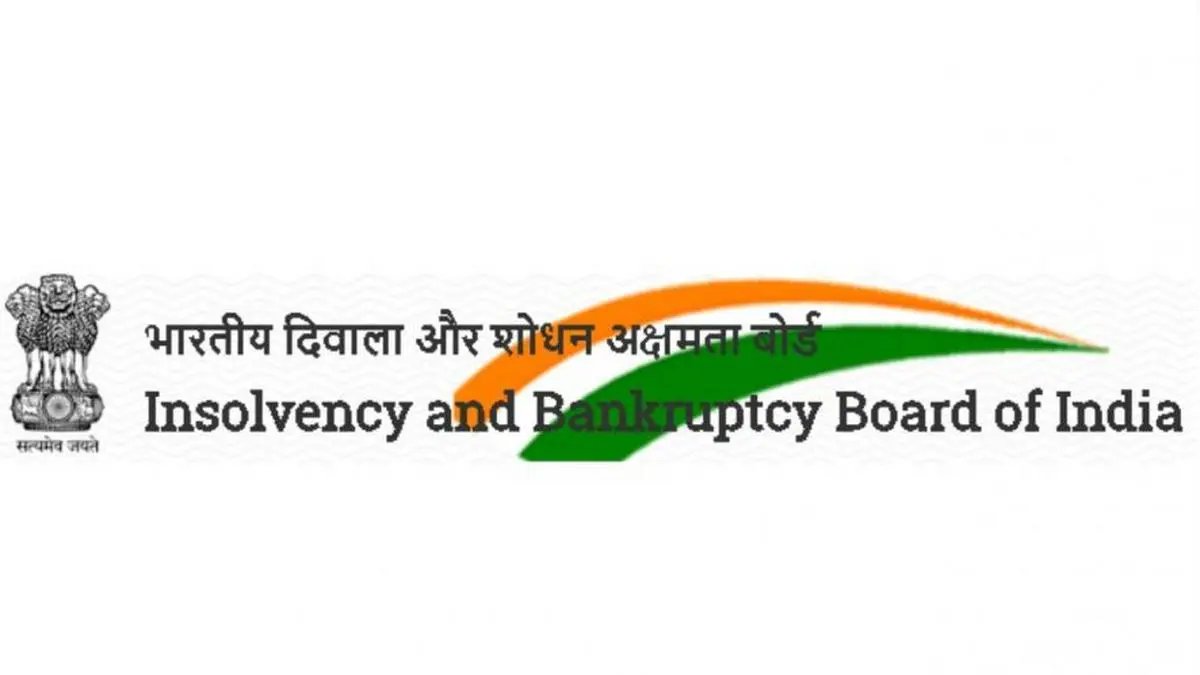In a bid to make resolution plans more transparent, the Insolvency and Bankruptcy Board of India (IBBI) has amended its regulations, whereby avoidance transactions must be disclosed upfront in the Information Memorandum prepared by the corporate debtor’s resolution professional.
Avoidance transactions include undervaluation, fraud, overvaluation, preferential diversion or a combination of some of these.
Now, all avoidance transactions have necessarily to be included in the Information Memorandum, as per the IBBI (Insolvency Resolution Process for Corporate Persons) (Fifth Amendment) Regulations, 2025.
This is now a mandatory part of the resolution plan and cannot be assigned without disclosures. What this means is that avoidance transactions cannot be brushed under the carpet, according to experts
So, resolution applicants (potential buyers) will be able to objectively assess a corporate debtor’s (CD) assets and liabilities and place bids accordingly; creditors, too, can have realistic expectations from the resolution of a CD.
“The problem (with regard to avoidance transactions) is two-fold. Many debts become non-performing assets (NPAs) due to fraudulent diversions by unscrupulous promoters. And those accounts which become NPA due to other reasons, also try to pocket the most before the law catches up with them and they lose control over the unit,” said Hari Hara Mishra, CEO, Association of ARCs in India.
He observed that all avoidance transactions will now be disclosed and addressed. The expected result would have a deterrent effect on unscrupulous promoters. For creditors, there could be better value realisations under IBC.
According to IBBI data, 1,396 avoidance applications aggregating ₹3,85,067 crore have been filed with the Adjudicating Authorities till March 31, 2025. Of this, 368 applications aggregating ₹65,650 crore were disposed off, with the amount clawed back standing at ₹7,931 crore.
Akshat Khetan, Founder, AU Corporate Advisory and Legal Services, observed that the Fifth Amendment to the CIRP (Corporate Insolvency Resolution Process) Regulations marks a significant shift in India’s insolvency regime, transforming the resolution process into one rooted in continuous transparency.
“By mandating proactive disclosure of avoidance transactions and restricting their inclusion in resolution plans post-facto, the IBBI has ensured that the resolution is no longer a haven for concealed liabilities.
“This amendment reinforces the integrity of the process, protects the interest of bidders and strengthens creditor confidence in the system,” Khetan said.
Published on July 7, 2025


